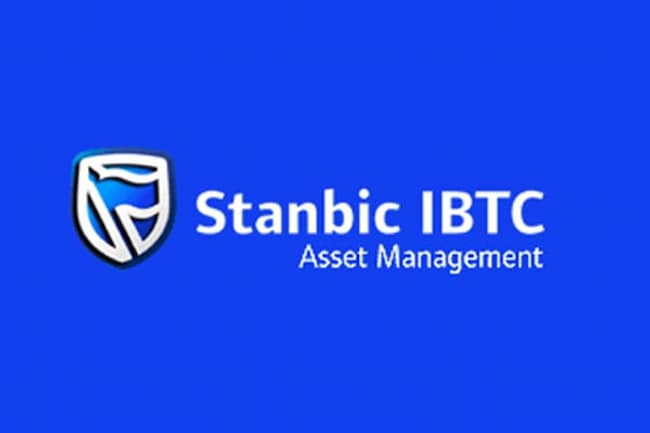In recent years, the world has faced several difficulties. The most pressing at the moment is the seemingly unmanageable coronavirus pandemic. In addition to its impact on investments, the pandemic caused a major economic shock, proving challenging to all business enterprises.
The experiences many business owners and investors have faced has opened their eyes to how fragile their business and investments may be. Thus, adaptation to changes has become vital to business sustainability and individual growth.
Individuals and businesses have to regularly analyse their investment portfolios to ensure that they receive maximum returns on investment. In a bid to minimise risks, a renewed focus has been given to the fixed income market lately. Prudent investors have turned to fixed-income funds.
The reason for this is simple: fixed-income funds are generally low-risk investments. This is because their assets are usually less sensitive to macroeconomic risks, such as economic downturns and geopolitical events.
A fixed-income fund is an investment instrument that pays you a fixed interest or a dividend payment until the maturity date. At maturity, you are repaid the principal amount you invested.
A fixed-income security is unlike equities that may pay no dividend to you or variable-income securities, where payments can change based on some underlying measure such as short-term interest rates. Rather, the payments of a fixed-income security are known in advance. Fixed income funds are mutual funds that focus on investing in debt securities.
Stanbic IBTC Asset Management fixed-income funds include mutual funds such as the Stanbic IBTC Money Market Fund, Stanbic IBTC Bond Fund, Stanbic IBTC Dollar Fund, Stanbic IBTC Guaranteed Investment Fund, and the recently launched Stanbic IBTC Enhanced Short-Term Fixed Income Fund.
Mutual funds are pooled funds that bring together money from many persons and the money is then invested in stocks, bonds or other assets. On the other hand, a dollar fund is an open-ended foreign currency fund (US dollars) that is borrowed to purchase assets. The funding currency (Naira) will have a low-interest rate and is used to finance the purchase of a high-yielding asset currency.
Another fund offered by Stanbic IBTC Asset Management is the Shari’ah Fixed Income Fund. The Shari’ah Fixed Income Fund aims to provide ethically minded investors with liquidity and competitive returns. This is achieved by investing in quality Shari’ah-compliant securities such as Sukuks and other eligible fixed-term contracts. A Sukuk is an Islamic financial certificate, similar to a bond in Western finance, that complies with Islamic religious laws commonly known as Shari’ah.
Since the traditional Western interest-paying bond structure is not permissible, the issuer of a Sukuk essentially sells an investor group a certificate and then uses the proceeds to purchase an asset that the investor group has a direct partial ownership interest in. The issuer must also make a contractual promise to buy back the bond at a future date at par value.
Unlike the Shari’ah Fixed Income Fund, the Guaranteed Investment Fund is an investment product that allows you to invest in various types of funds and receive a definite minimum amount once the fund’s maturity date comes due.
It is important to understand that all the available fixed-income funds have a few potential risks, like interest and inflation risks. However, the investment approach that fixed-income funds focus on usually mitigates the risks in certain markets.
Some fixed-income assets, like the Bond Fund, offer the potential to generate attractive returns. You can seek higher returns by assuming more credit risk or interest rate risk.
Fixed-income funds are useful in fulfilling your financial goals. Determined to get you ahead of the curve, Stanbic IBTC Asset Management offers you valuable investment securities to improve your portfolios and preserve your capital.
To subscribe and grow your finances, click https://instantaccount.stanbicibtc.com:9663/index.html












